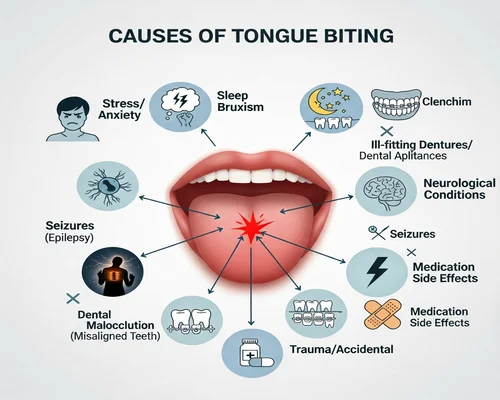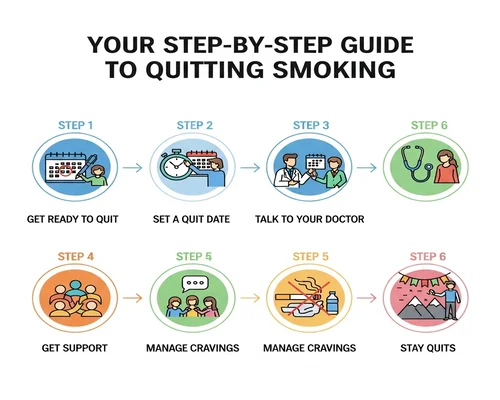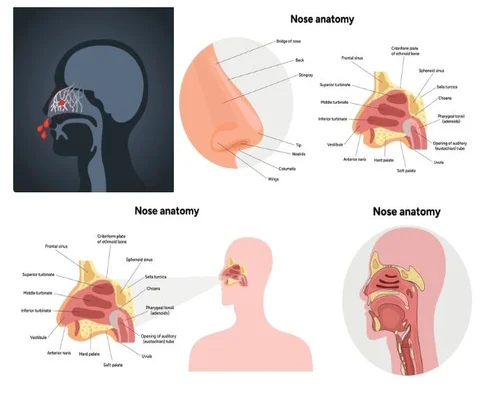
What to do to maintain memory?
What to do to maintain memory?
Memory is a very important part of human life. Starting from daily work, memory and memory power are affected in every aspect of life. Usually, as people age, their memory starts to decline. However, if memory starts to deteriorate to a greater extent or if they have amnesia at a young age, then it is clear that there is a problem.
In the present era, we often have to multitask for various reasons or maintain attention on something for a long time. However, in many cases, life is very challenging due to poor memory. The informative pictures that happen to us every day are stored in our brain, which is called memory.
To maintain a sharp memory, prioritize a healthy lifestyle including regular physical and mental exercise, a balanced diet, adequate sleep, and stress management, as well as participating in social activities and staying organized.
If you want to improve your brain memory, following some rules every day can be beneficial. How to increase memory naturally? Indian doctor Kadam Nagpal advises on this -
Stay in the rules: Create a planned routine for important daily tasks. Working according to the rules makes it easier to remember important things and reduces the tendency to forget. You can always keep a list of tasks in a small notepad. Writing down anything increases the chances of remembering it a lot.
Good sleep: You should get enough sleep every day. That is, at least 6 to 8 hours of sleep at night helps improve memory. During sleep, our brain work naturally decreases a lot, so the brain gets rest. After a whole day, the brain neuron cells start to compensate during sleep. As a result, the process of memorizing and remembering information is faster.
Mental exercise: It is possible to exercise the brain by solving puzzles, riddles, reading or learning a new skill. This increases efficiency, and therefore the ability to remember also increases.
Stress reduction: The brain should be de-stressed by adopting various soothing stress-relief methods. This reduces the release of negative hormones that damage the brain and is beneficial in retaining memory.
Here are more detailed descriptions of strategies to maintain a good memory:
Regular exercise improves blood flow to the brain, which can improve memory and cognitive function.
Engage in activities that challenge your mind, such as doing puzzles, learning new skills, reading, or playing games.
Eat a balanced diet rich in fruits, vegetables, whole grains, and healthy fats, as these nutrients support brain health.
Aim for 7-9 hours of quality sleep each night, as sleep is crucial for memory consolidation and cognitive function.
Practice stress-reducing techniques like meditation, yoga, or spending time in nature, as chronic stress can negatively impact memory.
Maintain strong social connections, as social interaction can help relieve depression and stress, both of which can contribute to memory loss.
Keep your home and workspace organized, and use tools like calendars and to-do lists to help you remember important tasks and stay on track.
Follow your healthcare providerís recommendations for managing conditions like high blood pressure, diabetes, and depression, as these conditions can affect memory.
Alcohol consumption can damage brain cells and impair memory.
Smoking can negatively impact brain health and increase the risk of cognitive decline.
Break information down into smaller, more manageable chunks so that it is easier to remember.
Use mnemonics such as short words, rhymes, or visual images to help you remember information.
Repeat or write information out loud to strengthen your memory.
Use visual aids such as flashcards or diagrams to help you remember concepts.
Explaining what you have learned to someone else can solidify your understanding and improve your memory.
Test your memory regularly to identify areas where you need to focus more.



























